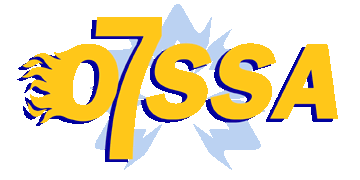
Location
University of Windsor
Document Type
Paper
Start Date
6-6-2007 9:00 AM
End Date
9-6-2007 5:00 PM
Abstract
Our acceptance of falsely dichotomous statements is often intellectually distorting. It restricts imagination, limits opportunities, and lends support to pseudo-logical arguments. In conflict situations, the presumption that there are only two sides is often a harmful distortion. Why do so many false dichotomies seem plausible? Are all dichotomies false? What are the alternatives, if any, to such fundamental dichotomies as ‘true/false’, ‘yes/no’, ‘proponent/opponent,’ and ‘accept/reject’?
Creative Commons License

This work is licensed under a Creative Commons Attribution 4.0 International License.
Response to Submission
Erik E W Krabbe, Commentary on Govier
Reader's Reactions
Erik E W Krabbe, Commentary on Govier (June 2007)
Included in
Two is a Small Number: False Dichotomies Revisited
University of Windsor
Our acceptance of falsely dichotomous statements is often intellectually distorting. It restricts imagination, limits opportunities, and lends support to pseudo-logical arguments. In conflict situations, the presumption that there are only two sides is often a harmful distortion. Why do so many false dichotomies seem plausible? Are all dichotomies false? What are the alternatives, if any, to such fundamental dichotomies as ‘true/false’, ‘yes/no’, ‘proponent/opponent,’ and ‘accept/reject’?
